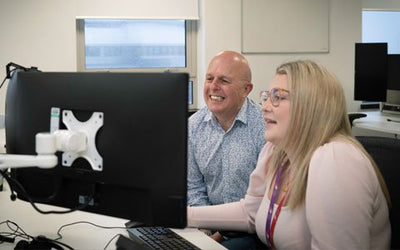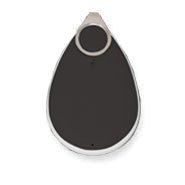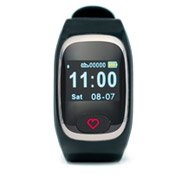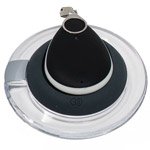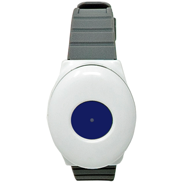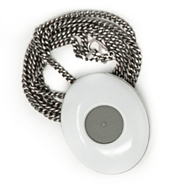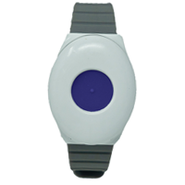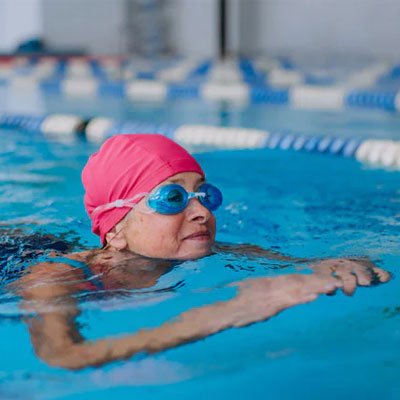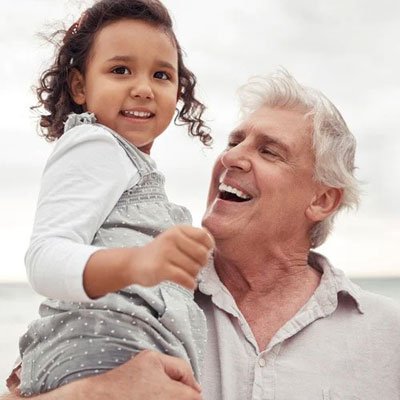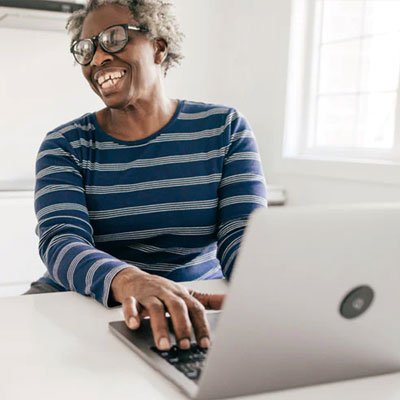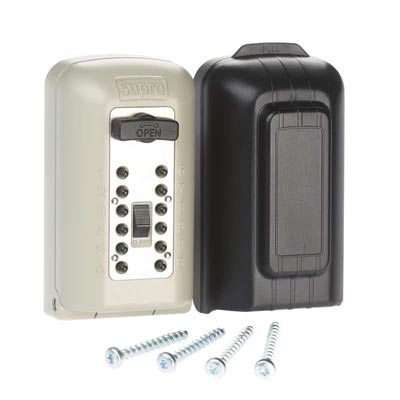Home safety for the elderly
As we age, we may become more susceptible to accidents and injuries. To keep elderly loved ones safe at home, modify the environment to prevent falls and other hazards. Explore our tips that can help promote independence and peace of mind.
Spotlight on Carers report
Fall prevention
Falls among the elderly can lead to hospitalisation and loss of independence. Conducting risk assessments and taking preventative measures can make a big difference in maintaining their wellbeing.
Home security
To ensure the safety and wellbeing of older adults our guide offers practical advice on fall prevention, home security, and health and wellbeing management.
Safety tips
Keep yourself safe and promote the wellbeing and independence of elderly loved ones by learning about essential safety tips, including fall prevention and home security.
Scams
Protecting yourself or vulnerable elderly loved ones from scams is important as scammers often target trusting and elderly people. Educating them about scams and providing support can help prevent these practices.
How we can help
The features available with panic buttons for the elderly can vary, so it's important to find the right kind of personal alarm service for your needs, whether it's for yourself or a loved one.
Personal alarms for the home and out-and-about
Have the freedom to maintain an active lifestyle, with reassurance help is available wherever you are.
An Out-and-About Personal Alarm will also work in your home so you can get help from Taking Care's Emergency Resolution Team any time of the day or night.
Not sure which personal alarm to choose?
Call 0800 085 7371, Monday – Friday, 8am - 6pm and Saturday, 9am – 5pm, to speak with a Taking Care Sales Advisor.
Elderly care experts answer biggest questions about home safety
